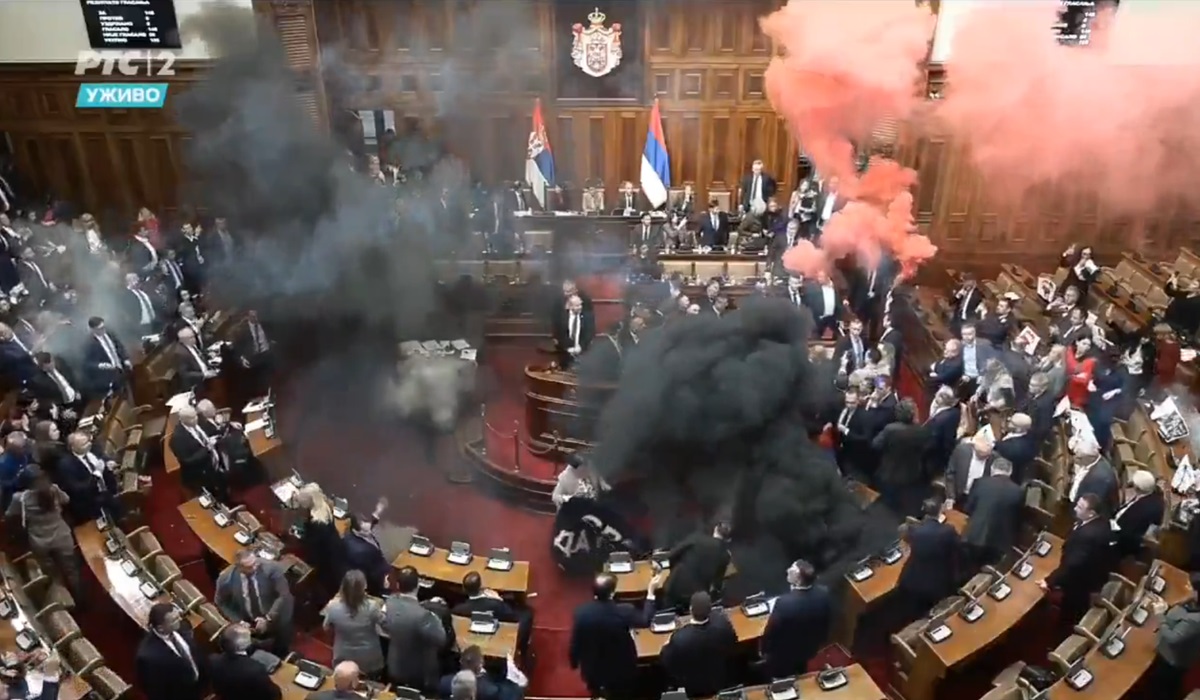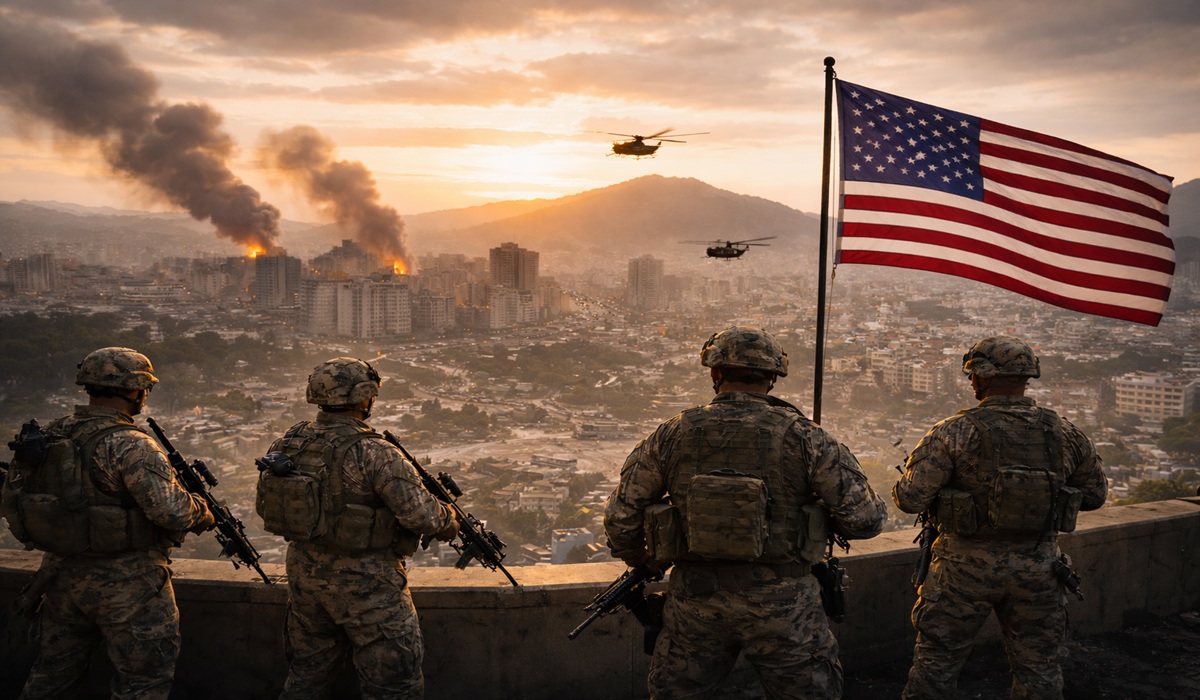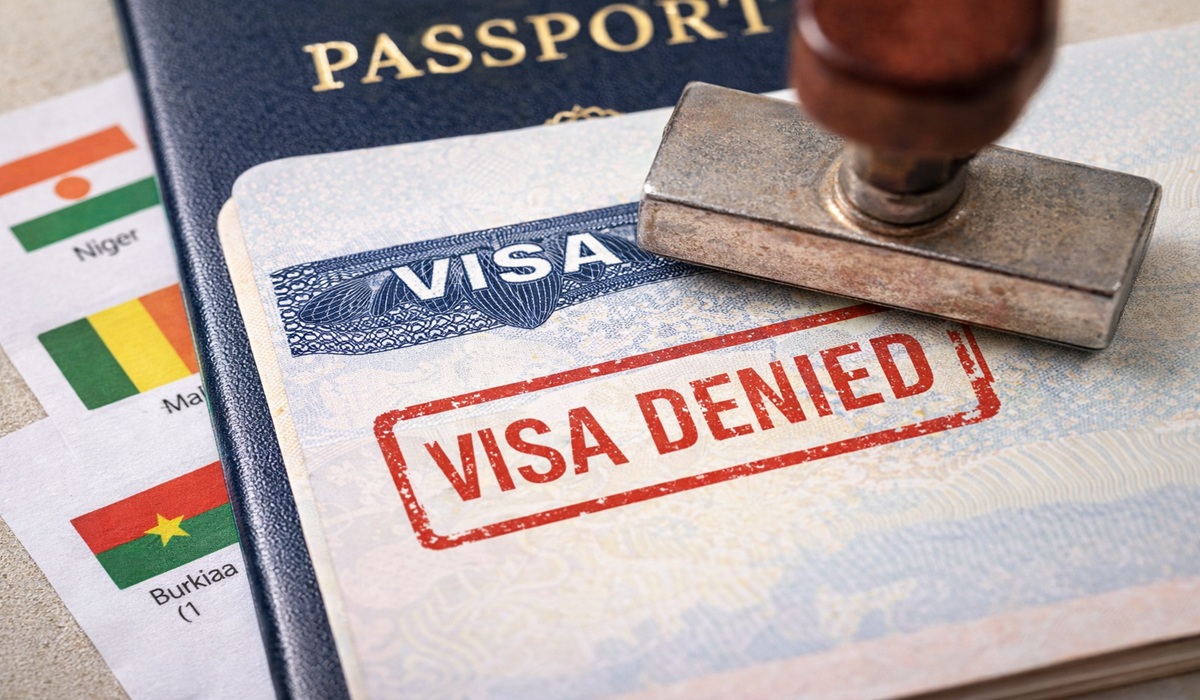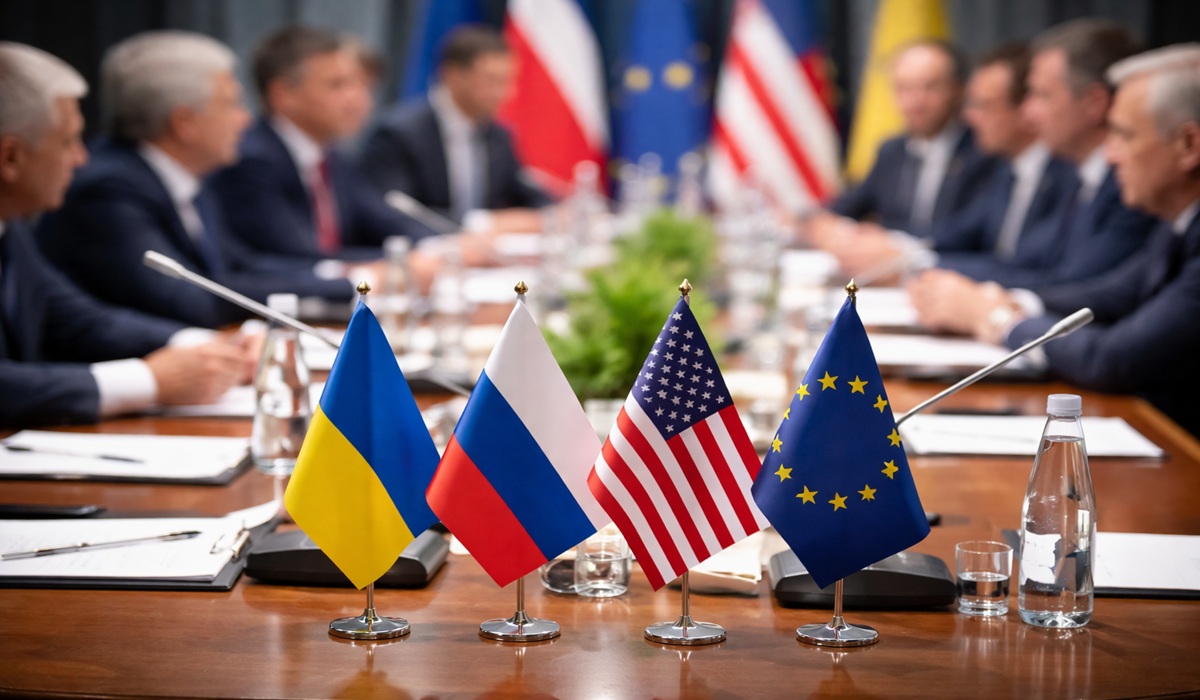Parliament Under Siege: When Tear Gas and Grenades Are Just Another Tuesday
- TDS News
- Breaking News
- March 4, 2025

Serbia’s Parliament descended into chaos as opposition lawmakers set off smoke grenades and tear gas inside the chamber in a dramatic display of protest against the government and in support of student demonstrations. The scene, which played out like a political thriller, saw opposition members trying to disrupt a session in protest of President Aleksandar Vučić and his ruling party, which has been accused of electoral fraud and authoritarian rule. Yet, as thick clouds of smoke filled the room and alarms blared, most of the legislators barely flinched, as if this was just another day in Serbian politics.
One of the lawmakers, overwhelmed by the chaos, suffered a stroke and had to be rushed to the hospital. But even that did not seem to shake the chamber out of its eerie sense of normalcy. Government officials carried on with their business, brushing off the opposition’s theatrics with the same level of disinterest one might show to a minor inconvenience. It was a surreal moment that underscored just how accustomed Serbian politicians have become to high-stakes disorder. If an event like this had happened elsewhere, it would have dominated global headlines, but in Serbia, it was treated as just another parliamentary scuffle.
The protest was fueled by weeks of student-led demonstrations demanding free and fair elections, transparency, and an end to what they see as Vučić’s tightening grip on power. The opposition, cornered by a government that controls most media and institutions, has resorted to more radical forms of protest, seeing traditional methods as ineffective. But what’s truly remarkable is not just the intensity of the opposition’s actions, but the complete lack of reaction from those in power. No shock, no panic—just a resigned, almost bored acceptance of the bedlam.
This level of indifference speaks volumes about the state of Serbian politics. When smoke grenades and tear gas in parliament barely register as an unusual event, it’s clear that chaos has become the default setting. A government that does not flinch at such displays is one that sees itself as untouchable. And an opposition that feels the need to resort to such measures is one that believes all other avenues for dissent have been closed. Meanwhile, the people of Serbia are left watching, wondering if any of this will actually bring change or if it’s just another episode in the never-ending drama of their country’s political landscape.








